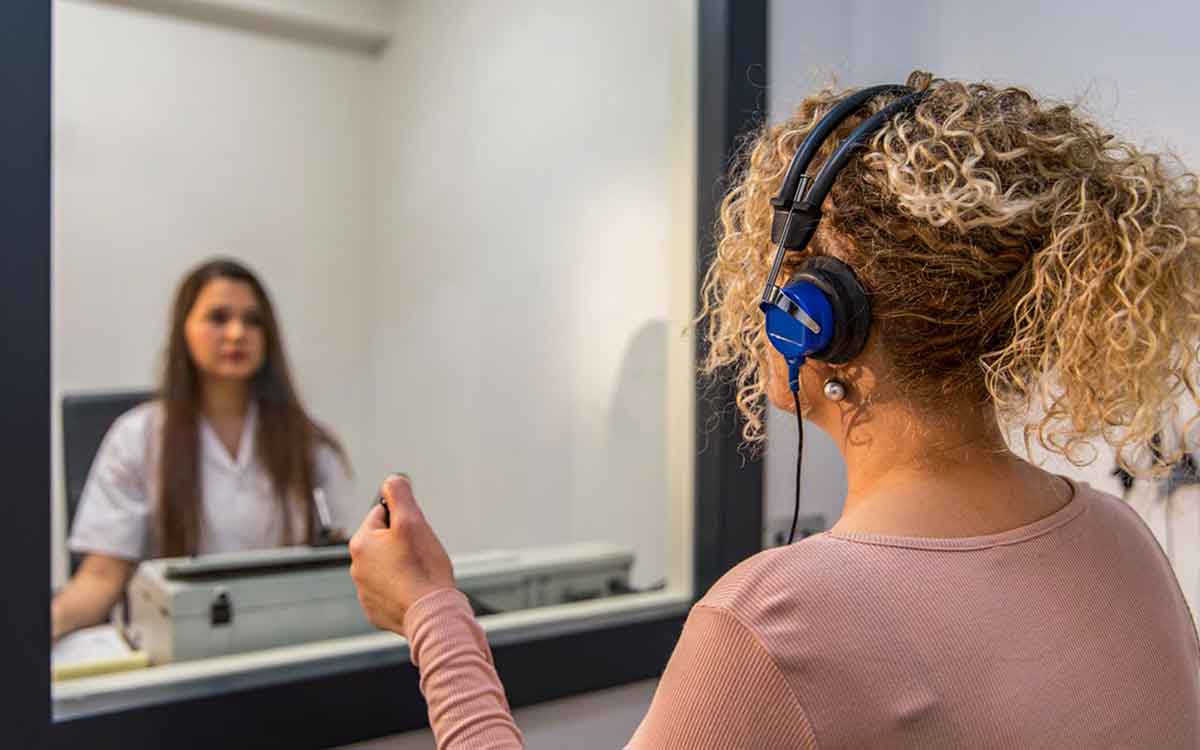
At what point should you consider getting your hearing assessed? Here are some signs that suggest you should have your hearing tested.
The other day, my kids complained about how loud my TV was. My answer …” What?!” It was meant to be humerous. But there’s nothing funny about neglected hearing loss. The volume of the TV has been escalating. And I began to ponder: Should I get a hearing exam?
There’s no good reason to avoid scheduling a hearing test. They’re not invasive, there’s no radiation, and you don’t have to worry about discomfort. You just need to take a brief minute to set up an appointment.
Thinking about how much neglected hearing loss can impact your health, it’s important to be more cautious about it.
Signs you should get a hearing exam
If you’ve recently noticed any symptoms of hearing loss, it’s most likely a good idea to get a professional hearing assessment. Obviously, if things are hard to hear, that’s a rather solid indication of hearing loss.
- It’s hard to hear in noisy venues: Have you ever been to a crowded or noisy room and had trouble keeping up with the conversation because of all the background noise? It’s possible that this might be an indication of impaired hearing.
- People always seem to be talking unclearly: The problem may not always be volume but rather clarity.
- You frequently miss text messages: Your phone is meant to be loud. If you routinely fail to notice incoming calls or texts, the issue may be that you’re not able to hear them.
- Relentless ringing sound: A constant sensation of ringing in your ears, referred to as tinnitus, is frequently an indication of damage to your hearing.
Here are several other scenarios that suggest you should arrange a hearing screening:
- Your ear is still clogged following an infection
- You have a buildup of earwax you can’t remove on your own
- You take specific medications that can damage your hearing
- It is difficult to determine the source of sounds
- You have vertigo
Routine checkups
Even if you’re not experiencing any obvious symptoms, it’s still important to schedule routine hearing exams.
- Get a baseline test done at some point after you turn 21.
- If your hearing is normal, undergo hearing screenings every three years.
- If you display symptoms of hearing loss, have it assessed right away and then annually afterwards.
Routine assessments can help you identify hearing loss before any red flags appear. Prompt professional attention can significantly improve your chances of maintaining healthy hearing over time. This means you should probably turn your TV down and schedule a hearing test.